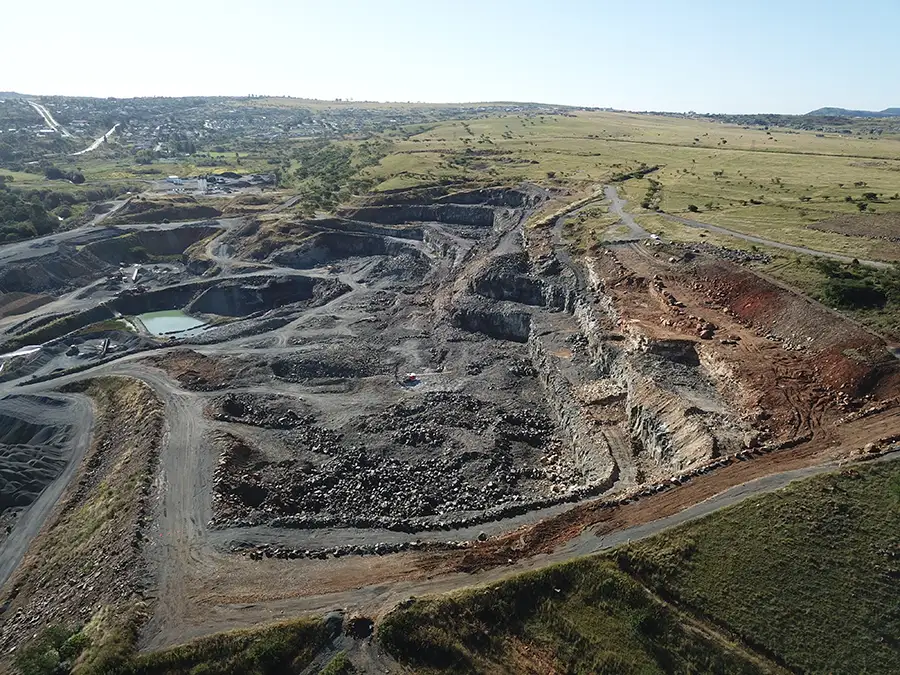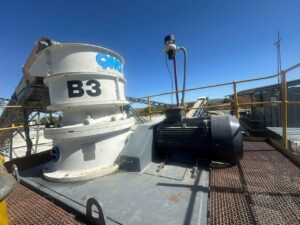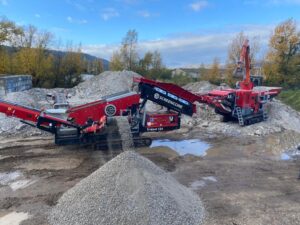The environmental impact of quarrying activities and opencast mining operations at large cannot be underestimated. While quarrying is a vital industry to the economy of any country, its activities can also be damaging to the environment, especially without a sound environmental management plan in place. With that in mind, Blurock Quarry places a premium on its environmental management.
Testimony to the relentless focus on environmental excellence is the 97,61% score in ASPASA’s About Face Audit of 2022, which ranked the operation as the top independent performer in the physical audit category. Commenting on this achievement, Anthony Bowen, Environmental auditor at ASPASA, says Blurock had a well-presented audit, and the site was an example of dedication and diligence by all levels of management and staff.
“Blurock is a well-run operation, the designated staff being focused on achieving a high level of environmental compliance. Ronelle Affinand, the consultant assisting with compliance, does an excellent job of making sure that all the legal requirements are always in place. There is a culture of ‘wanting to be successful’, which is evident at the site. I should also commend Jeremy Hunter-Smith for leading from the front as the CEO,” says Bowen.
Hunter-Smith believes that environmental compliance should be a priority for every operation and individual, highlighting that “our actions today will have a drastic impact on the environment for years to come”.
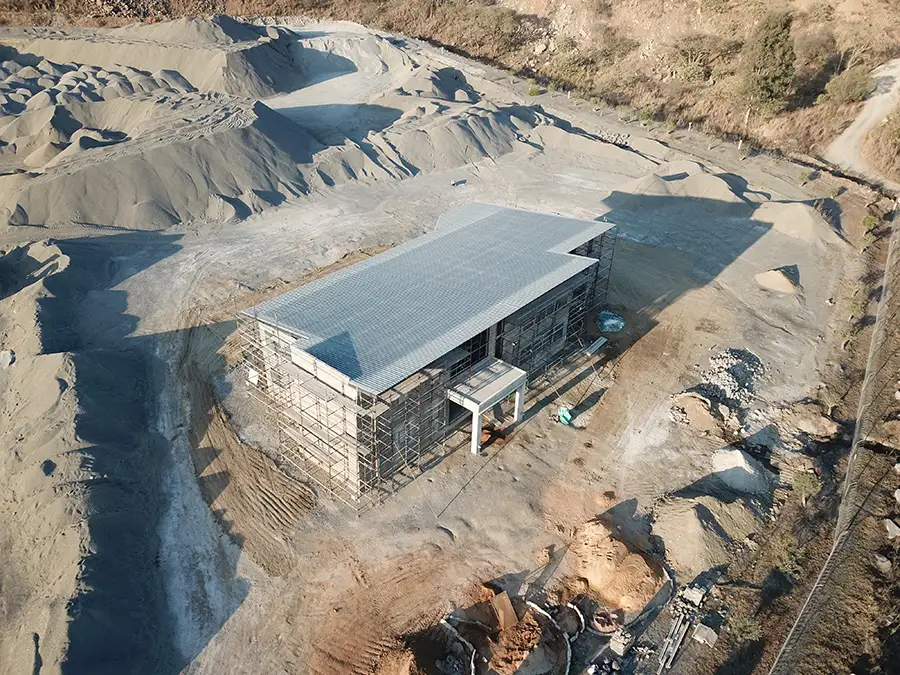
Partnerships are key
Hunter-Smith explains that environmental compliance is split into the management of four key areas – alien vegetation and re-vegetation (rehabilitation), hydrocarbon spills, water management and legislation (record keeping).
“Our 2022 environmental score is the culmination of years of constant effort and teamwork. Quarry manager, Morne Conradie, has successfully led his team to achieving these amazing results,” says Hunter-Smith. “We have over the years established solid working relationships with two key partners who have been instrumental in helping us mitigate the environmental effects of our quarrying activities in the area.”
Hunter-Smith makes special mention of Kheswa’s Landscapes, a small company owned by Richard Kheswa, who carries out the day-to-day tasks on site. The second partner, Natal Landscapes, owned by Dave Haigh, has been assisting Blurock, and the quarrying industry in KwaZulu-Natal in general, since 1999.
Hunter-Smith says having a vision in place is a good thing, but without a dedicated focus and drive, the vision remains exactly that, a vision, with nothing to show for it. These two partners have been helpful in bringing Blurock’s environmental vision to life.
“Training has been a main focus for us. Haigh visits our site on a quarterly basis to follow up on progress. He also provides a meticulous plan for every season and mentors Kheswa to ensure the best results on site,” says Hunter-Smith. “The duo has been part of our environmental journey right from the start. Our vested interest in each other makes the relationship a breeze and ultimately the vision a reality.”
Day-to-day site challenges are a reality, says Hunter-Smith. For example, he says, there are bound to be hydrocarbon spills out in the field, but it is not about “why it happened”, but rather about what the team does about it. In an emergency situation, it is important to make sure that the reaction time taken to get the situation under control is as short as possible to ensure that the effects of such a spill are limited to the smallest possible area.
“Training and the use of the correct equipment is key; all our workshop and mobile teams are trained in this regard to ensure that we are able to have the best possible reaction time, thus limiting the environmental effects of any hydrocarbon spills,” he says.
The proximity of Blurock Quarry to two major rivers, the Little Bushmans and Bushmans, provides an environmental challenge for the operation. As a result, the operation has placed a major focus on ensuring that its activities do not have a negative effect on these rivers. To achieve this, Johnathan Baily conducts the biomonitoring programme, keeping Blurock advised regarding the condition of the rivers and any effects on them.
“The Environmental legislation is very strict, and we do our utmost to ensure we have no negative effects on nearby water courses. However, it is discouraging to see that, despite our efforts, these rivers, just like many other water courses in South Africa, suffer from the devastating effects of poor to nil management by local municipalities. Training to create awareness and policing at these levels will have a significant positive impact on the long-term future of our water courses,” states Hunter-Smith.
Hunter-Smith highlights the importance of record keeping as proof of the constant efforts being made by the operation, as is the case with any system. Partnering with Noshcon’s Paul Chaman and Ronelle Affinand has helped in this regard. “They are knowledgeable in this area and always keep us updated with all the legislative changes and also advise us on what is required to be done.”
At the heart of the operation’s success, explains Hunter-Smith, are the people. Having recently invested in a number of plant upgrades on site, focus has turned to ‘people development’ in the past two years, and this is already yielding results in the form of high compliance standards.
“One can purchase all the equipment in the world, but without vested ‘upgrades’ to your teams, the equipment would not last as long as it should. People will come and go from any business, but I believe that a high percentage of those who leave Blurock do so better equipped than when they first arrived,” says Hunter-Smith.
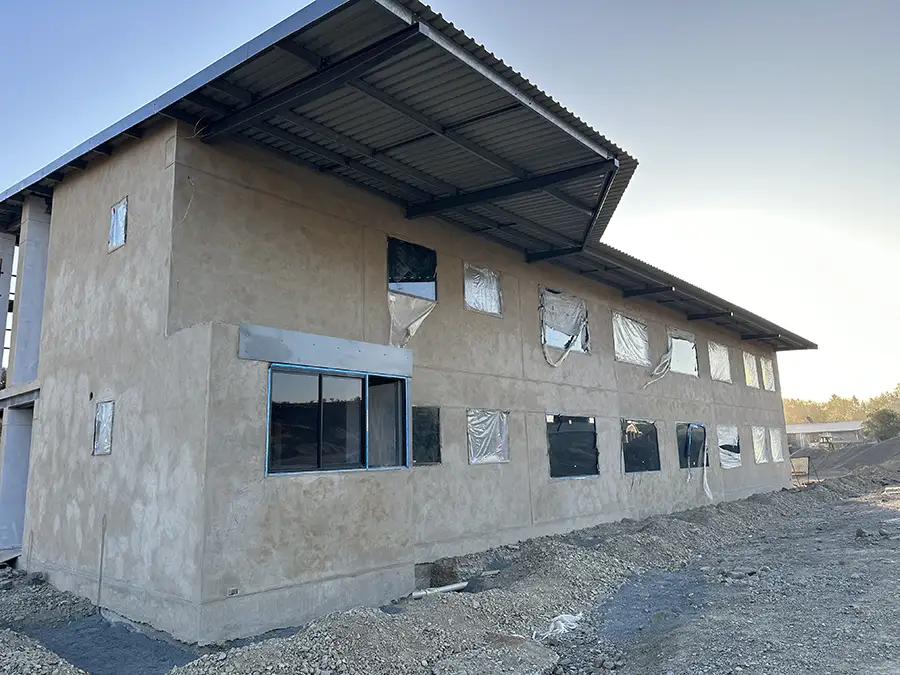
Facility upgrades
In recent years, Blurock has also invested in facility upgrades, anchored by the new office block that has been in the design phase for the past eight years. Having occupied the same offices since the 1960s, with only about 100 m² for all its admin and sales staff, Hunter-Smith stresses that there was a real need for a comfortable working environment for employees. Another factor behind the new office venture was to optimise Traffic Management on site. The new office block will also have a large training room for formal training.
“Blurock is part of a shared services group of companies in Estcourt called Extritone (Pty) Ltd. Small towns seem to be getting smaller and skills shortage has become apparent, thus impacting negatively on smaller businesses’ ability to keep up with the constantly changing legislative requirements. In time, the new office will become home to various specialists, including bookkeeping, HR, environmental, health & safety, allowing small businesses in the area to share costs for these important services, thus keeping them on the right track.”
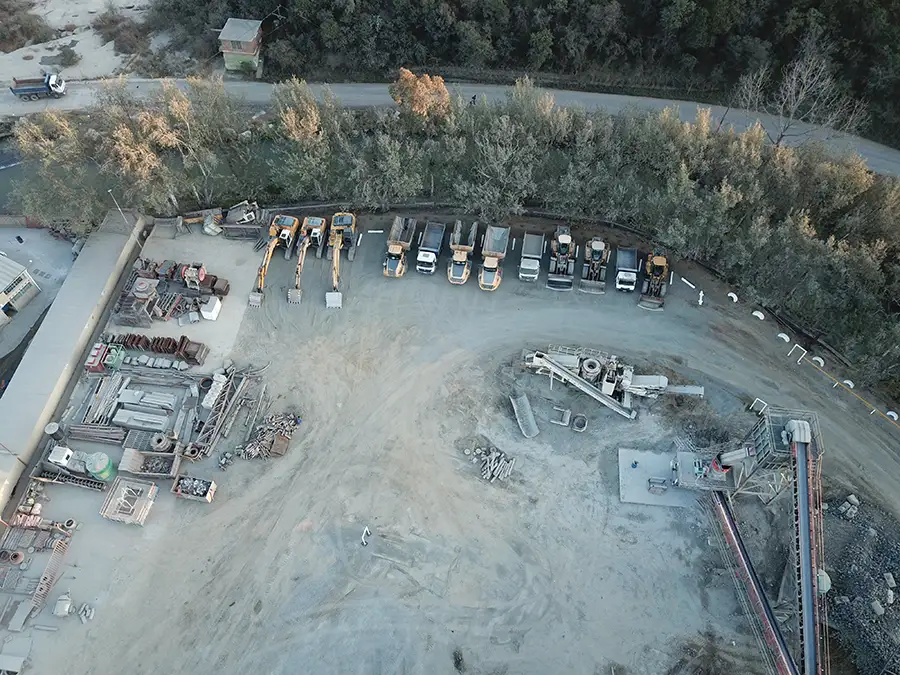
Community relations
As part of its Social Labour Plan (SLP), Blurock has for some time invested heavily in its community projects. Headed up by our HR manager, Kajal Sookraj, the Blurock SLP team has always had a passion for upgrades at local schools.
Earlier this year, Blurock handed over a computer centre to a local school for the mentally and physically disabled, KwaZamokuhle School, some 15 km outside of Estcourt. The facility was previously a library that the company organised to be stripped, then refurbished and equipped with 12 PC stations. Four of the stations have been fitted with adjustable desks to accommodate students in wheelchairs.
“We partnered with a few other companies to make this project a reality as the cost was far beyond Blurock’s affordability. Special thanks to Procon Precast and James Construction for their invaluable support and contributions to the project,” says Hunter Smith, who adds that since 2011, Blurock has invested in five major projects – an early childhood development centre, three computer centres and a science laboratory.
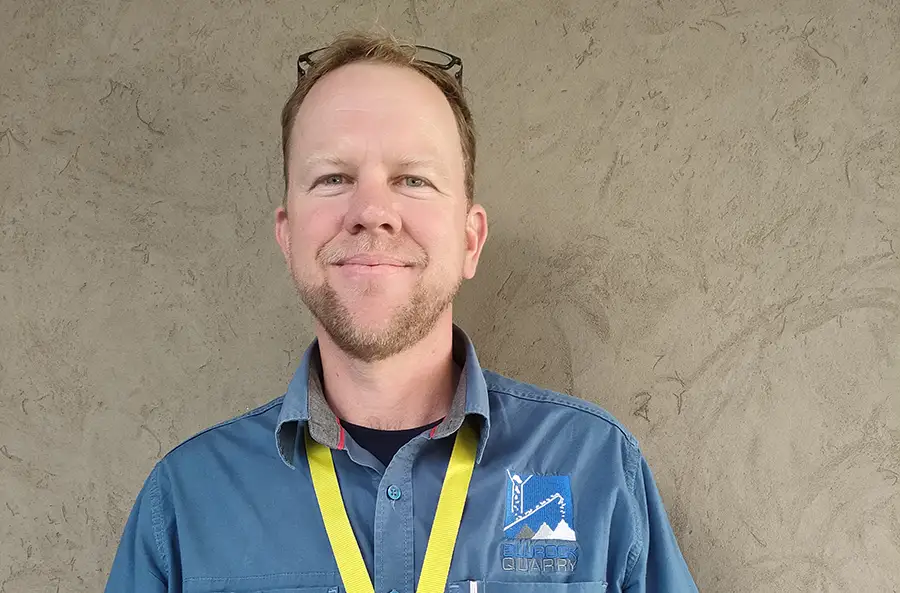
In conclusion, Hunter-Smith hails industry associations for their continued support to the quarrying industry. “As an independent operation, I would like to thank ASPASA and the Institute of Quarrying SA for their continued support to our industry. If we stand individually, our voices tend not to make a significant difference which is what we need in our industry,” he says.
“I would encourage all independent operations to take a deeper look into the two organisations I mentioned and consider joining them. They will then be able to continue to challenge the legislation which weighs so heavily on our industry, although it is often written for much larger mining operations. Aggregates are an essential product to any economy – no other industry can grow without aggregates,” concludes Hunter-Smith.
